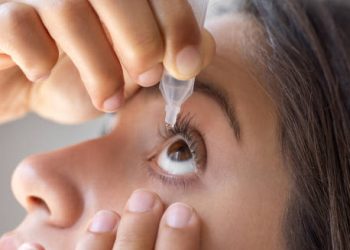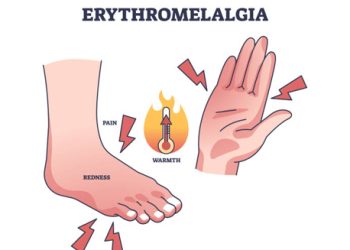Symptoms of Genital Warts
The symptoms of genital warts can vary widely depending on the individual, the location of the warts, and whether the infection is recent or recurring. Genital warts may appear as small, painless bumps or form larger clusters that resemble a cauliflower. While many people experience visible symptoms, others may carry and transmit the human papillomavirus (HPV) without developing any noticeable signs at all.
Understanding the full spectrum of symptoms is key to identifying genital warts early, reducing the risk of transmission, and seeking appropriate treatment.
What Do Genital Warts Look Like?
The most recognisable symptom of genital warts is the appearance of small growths on or around the genital area. These growths can be:
Flesh-coloured, grey, pink, or slightly darker than the surrounding skin
Flat or raised
Smooth, bumpy, or with a cauliflower-like texture
Moist or dry
Found singly or in large clusters
They can range in size from barely visible dots to larger masses that cover significant portions of skin. In many cases, they are painless, but depending on their location, they can cause itching, irritation, bleeding, or discomfort during sexual activity or urination.
Common Locations in Men
In individuals with a penis, genital warts most commonly appear on:
The shaft or tip of the penis
The scrotum
Around the anus
The groin or upper thighs
Occasionally, inside the urethra
Common Locations in Women
In individuals with a vulva, genital warts may develop:
On the outer and inner labia
Around the vaginal opening
Inside the vagina or on the cervix (detectable only through internal examination)
Around the anus or perineum
On the upper thighs
Because warts inside the vagina or on the cervix are not visible, they may go unnoticed until discovered during a routine gynaecological exam.
Genital Warts in Other Areas
Genital warts can also appear:
In or around the anus, regardless of sexual orientation or activity
In the mouth, lips, or throat after oral sex with an infected partner — though this is rare and more commonly associated with other HPV strains
In both men and women, warts in hidden areas like the urethra or anus may cause:
A feeling of fullness or obstruction
Painful urination
Discomfort during bowel movements
Bleeding during sex or defecation
Sensory and Physical Symptoms
While many people do not experience any discomfort from genital warts, others report:
Itching or burning in the affected area
Soreness or tenderness, especially if the warts rub against clothing or during sex
Bleeding or discharge, particularly if warts are scratched or irritated
Pain during intercourse, especially when warts are located internally
The psychological effect of these symptoms — even when mild — can be severe, leading to emotional distress, anxiety, or relationship strain.
Asymptomatic Cases
One of the more concerning aspects of genital warts is that a person can be infected with HPV and contagious even when no symptoms are present. In fact:
Many people with HPV will never develop warts
They may unknowingly pass the virus on to sexual partners
The virus may lie dormant for months or years before any symptoms appear
This silent spread highlights the importance of regular sexual health check-ups, especially for those with new or multiple partners.
Symptoms in Immunocompromised Individuals
People with weakened immune systems — such as those with HIV, undergoing chemotherapy, or taking immunosuppressive medication — are more likely to:
Develop larger, more persistent warts
Experience rapid spread to multiple areas
Have increased recurrence after treatment
Be less responsive to standard treatments
In these cases, close monitoring and more aggressive management strategies are usually required.
Psychological and Emotional Symptoms
The visible nature of genital warts, combined with the sexual mode of transmission, often leads to:
Shame or embarrassment
Fear of partner rejection
Guilt, especially when warts appear in a monogamous relationship
Avoidance of intimacy
Stress or depression, particularly if warts are recurrent
It’s vital to acknowledge the mental health component of this condition. Open dialogue, support groups, and professional counselling can help reduce stigma and improve confidence.
When to Seek Medical Advice | Symptoms of Genital Warts
You should speak to a healthcare professional if you:
Notice any new growths or bumps in the genital, anal, or groin area
Experience itching, irritation, or bleeding during sex or urination
Are unsure whether a lesion is a wart or another condition
Have a sexual partner who has been diagnosed with genital warts or HPV
Are immunocompromised and concerned about symptoms
Early detection allows for simpler, less invasive treatments and lowers the risk of transmission.
Recognising the symptoms of genital warts empowers individuals to take charge of their sexual health. With the right support and treatment plan, this condition can be effectively managed — and the emotional burden eased.


